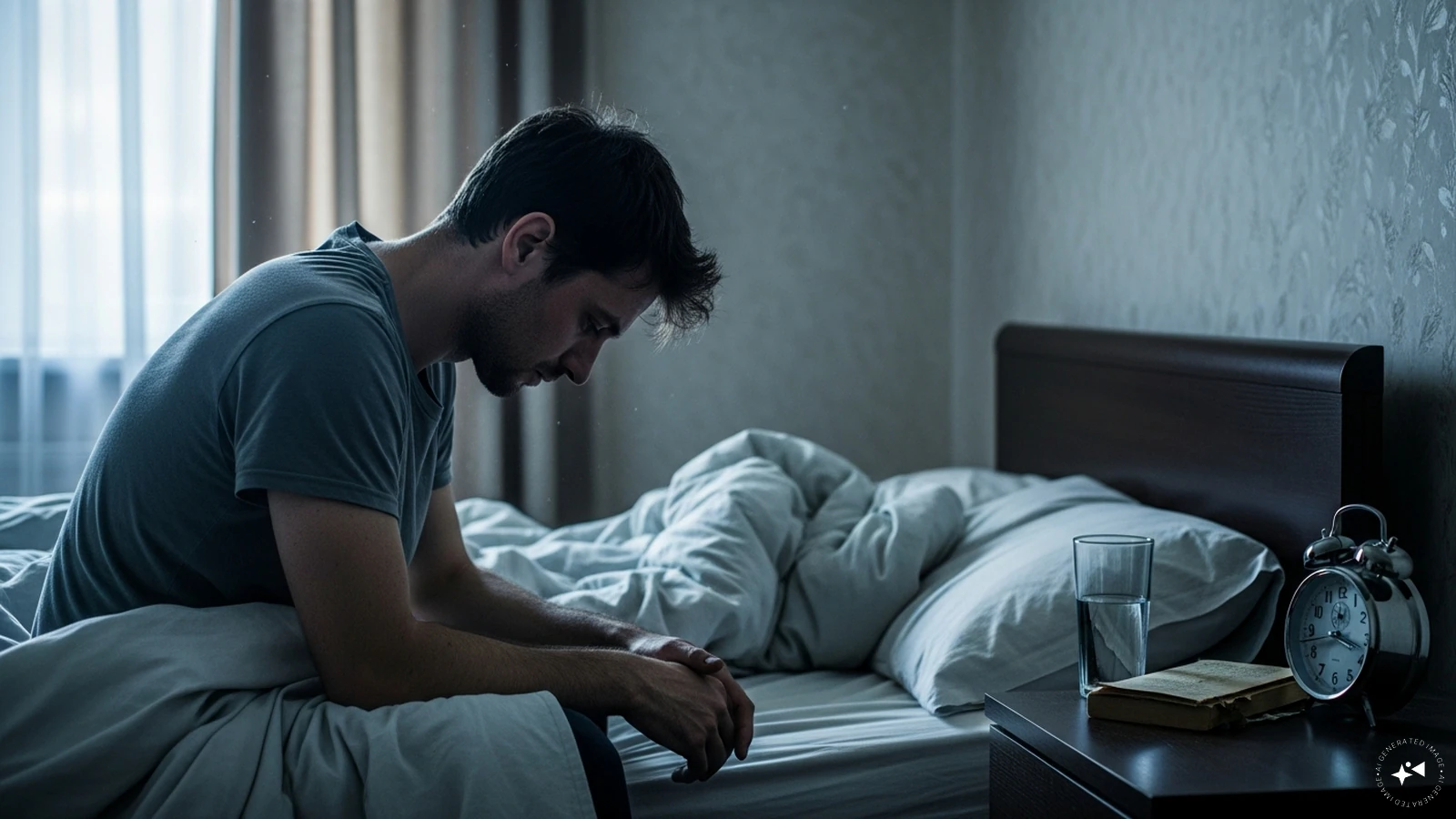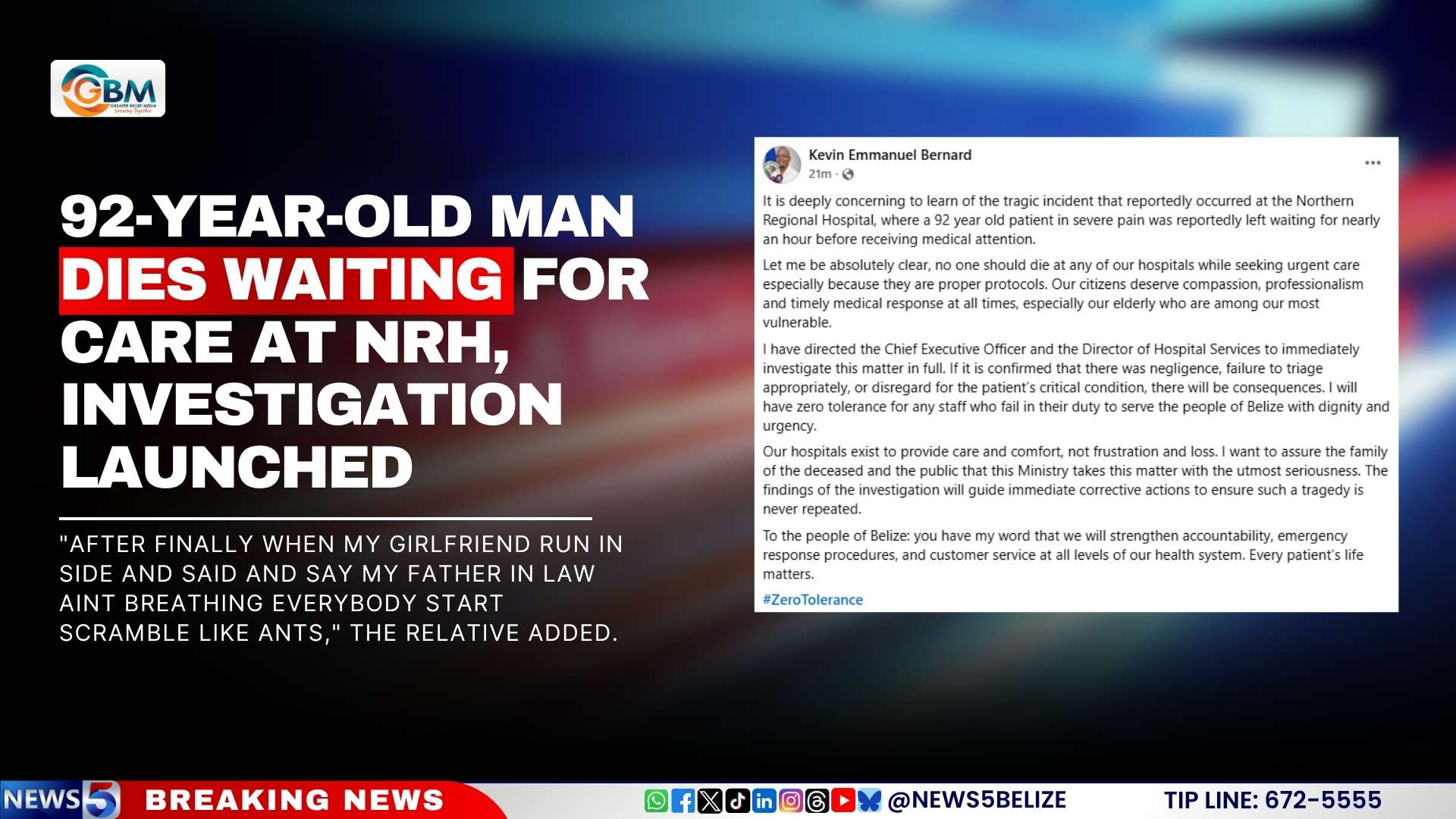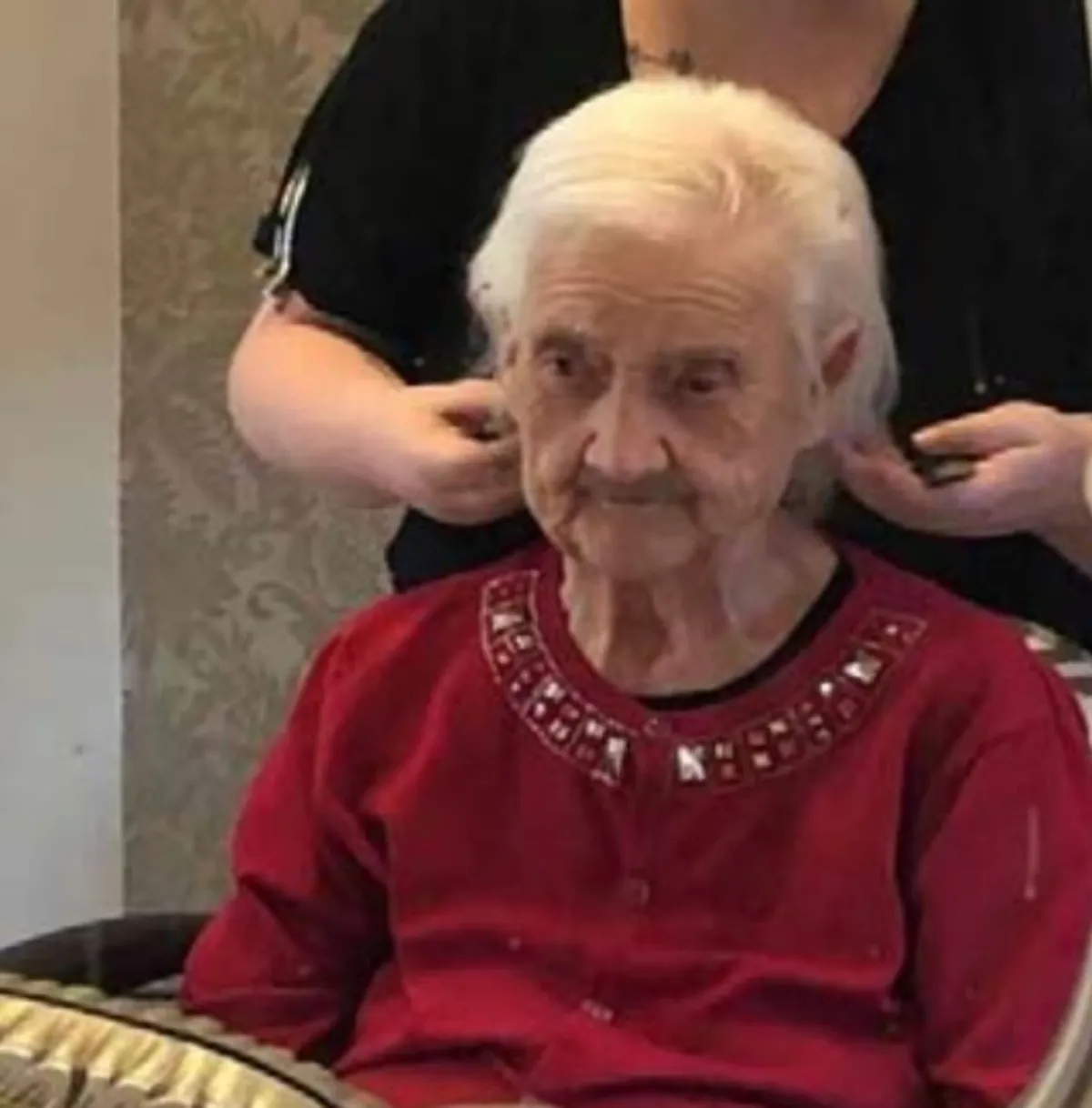Copyright news18

If you’ve been waking up feeling unusually tired or struggling to catch your breath in the mornings, it’s easy to blame it on poor sleep, stress, or a lack of exercise. But experts warn that these subtle symptoms could be your body’s way of flagging deeper issues with lung health. In some cases, they may even be among the earliest signs of lung cancer – a disease increasingly being diagnosed in people who have never smoked. A Silent Rise Among Non-Smokers “Early symptoms of lung cancer are often subtle and can mimic routine fatigue, low stamina, or mild respiratory issues. That’s why many patients tend to overlook them until the disease has progressed,” says Dr. Niti Raizada, Principal Director – Medical Oncology & Hemato-Oncology, Fortis Hospitals, Bengaluru. Dr. Raizada highlights a worrying trend – a growing number of non-smokers, particularly younger adults in metro cities, are now being diagnosed with lung cancer. “Factors such as prolonged exposure to air pollution, passive smoking, and genetic predisposition are key contributors,” she explains. Similarly, Dr. Vishwanath Sathyanarayanan, Senior Consultant – Medical Oncology, Apollo Hospitals, Bannerghatta Road, Bengaluru, notes that lung cancer cases are increasing across both smokers and non-smokers, including women. “The lungs have a huge reserve, so early stages may not manifest with symptoms. Patients often present with tiredness, exertional breathlessness, chest discomfort, or a mild, dragging cough, which are easily mistaken for less serious conditions,” he says. The Subtle Symptoms You Should Watch Out For Apart from persistent tiredness and breathlessness, both experts warn against ignoring a cough that doesn’t go away, recurrent chest infections, voice changes, or a constant feeling of chest pressure. These may all point to lung abnormalities that need further evaluation. “Simple imaging tests like a chest X-ray or CT scan can help identify problems before they become serious. If these symptoms persist for more than a few weeks, a medical evaluation is essential. Early screening is the most effective way to catch lung cancer in its silent stages,” says Dr. Raizada. Dr. Vishwanath adds that awareness and screening are critical for early detection. “Low-dose CT scans are now recommended for those over 50 years of age with a smoking history of at least 20 pack-years. Detecting lung cancer early can make it potentially curable.” Steps To Protect Your Lung Health While some risk factors like genetics may be unavoidable, there’s much you can do to protect your lungs. Avoid exposure to smoke and pollution as far as possible, maintain good indoor air quality, and include antioxidant-rich foods like amla, turmeric, and leafy greens in your diet. Regular exercise and routine health check-ups also help improve lung capacity and early detection. Fatigue and breathlessness may seem routine, but when they persist, they could be early warnings from your lungs. The message from doctors is clear. Listen to your body and act early. A timely consultation and screening could make all the difference between a silent progression and a successful recovery.



